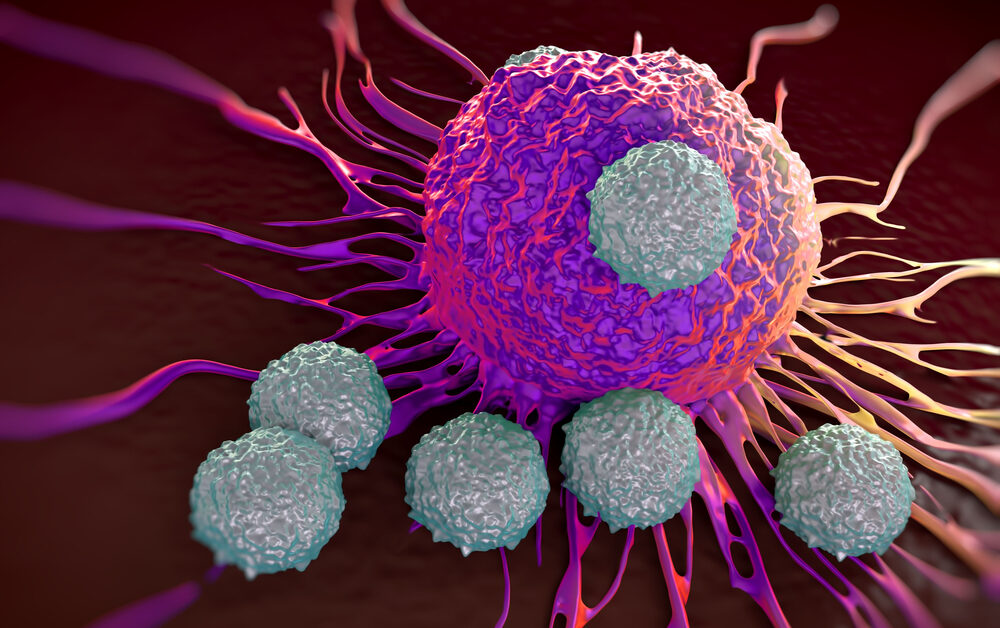CytoMed Therapeutics Limited, a Singapore-based biopharma company focused on novel donor cell-based immunotherapies for the treatment of various cancers, has announced that its CAR-gamma delta T cell (CAR-γδ T cell) technology, which it has licensed from A*STAR, has been granted a patent by the US Patent and Trademark Office (USPTO).
The patent covers technologies for the clinical-scale expansion of γδ T cells from a small amount of donor peripheral blood cells as well as the modification of the expanded γδ T cells to incorporate a chimeric antigen receptor (CAR) that enables the modified cells to recognize a wide range of cancers, including both solid and hematologic cancers.
CytoMed, a spinout of A*STAR, holds an exclusive, worldwide license, for use on immunotherapy, including stem cell therapy, until the expiration of the patent covering technology.
“We are pleased to announce our allogeneic CAR-γδ T cell technology has received a U.S. patent especially when we are soon to embark on our first-in-human trial for CAR-γδ T cells in Singapore,” said Peter Choo, chairman of CytoMed.
CytoMed’s trial to start soon
CytoMed’s CAR-γδ T cell technology is currently being developed as an investigational cancer therapy to target NKG2D ligands, a type of stress-induced cancer antigens. The risk of “on-target-off-cancer” side effects may be reduced by targeting stress-induced antigens that are mainly expressed on cancer cells such as NKG2D ligands.
The company received approval in January 2023 from the Health Sciences Authority (HSA) in Singapore to conduct a phase I clinical trial. It will be conducted at the National University Hospital (NUH), Singapore, and is expected to start in the second half of 2023.
“We are glad that CytoMed Therapeutics is making progress in its efforts to deliver immunotherapies to treat cancers. A*STAR works closely with the industry to translate our research into clinical applications. Cancer is a devastating disease, and we believe that through CytoMed’s licensing of A*STAR’s CAR-γδ T cell technology, more cancer treatments can be developed to benefit patients,” said Yeo Yee Chia, assistant chief executive of A*STAR’s innovation and enterprise group.
The company’s other licensed technology from A*STAR is an induced pluripotent stem cell (iPSC)-based technology to derive γδ NKT cells for cancer treatments. A patent for this proprietary technology has already been granted in Japan, and this asset is under preclinical development.





